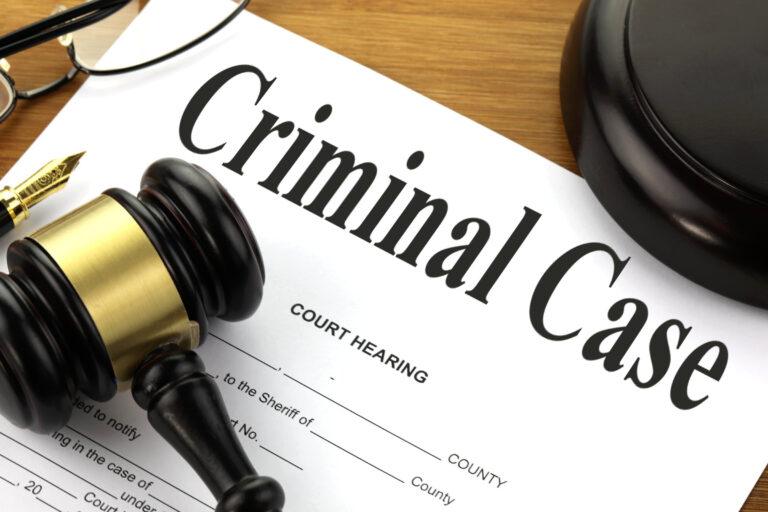In a significant judgment, the Punjab & Haryana High Court, presided over by Hon’ble Mrs. Justice Manisha Batra, granted probation to four petitioners convicted under Sections 148 (rioting armed with deadly weapons) and 323 (voluntarily causing hurt) of the Indian Penal Code (IPC), read with Section 149 (unlawful assembly). The decision, dated August 2, 2025, emphasized the principles of reformation and rehabilitation over punitive measures.
Background of the Case
The petitioners-Balbir Singh @ Balvir Singh, Prem Singh @ Bhinder Singh, Binder Singh @ Harwinder Singh, and Kala Singh @ Jagsir Singh—were convicted by the Judicial Magistrate First Class, Budhlada, in 2019. The charges stemmed from FIR No. 23, registered on April 27, 2016, at Police Station Bareta, Punjab. Their appeal was dismissed by the Additional Sessions Judge, Mansa, leading them to file revision petitions before the High Court.
During the proceedings, the petitioners’ counsel restricted their argument to seeking probation, citing their clean records post-conviction and the prolonged litigation spanning nine years. The State counsel raised no objections to this limited prayer.
Read also:- Punjab and Haryana HC Directs Swift Action on Marriage Registration of Israeli Woman Under Hindu Law
Legal Framework and Judicial Reasoning
The High Court extensively referenced the Probation of Offenders Act, 1958, and relevant Supreme Court judgments to justify its decision. Key legal principles considered included:
- Reformative Justice: The court cited Jugal Kishore Prasad v. State of Bihar (1972), where the Supreme Court highlighted the Act’s objective to prevent young offenders from turning into hardened criminals.
- Societal Stigma: Referring to Isher Das v. State of Punjab (1972) and Arvind Mohan Sinha v. Amulya Kumar Biswas (1974), the court noted how incarceration often exacerbates social defiance rather than reforming offenders.
Read also:- High Court Upholds Validity of MoU in Cheque Dishonour Case Under Section 138 of NI Act
"The Probation of Offenders Act is a reformative measure... to reclaim amateur offenders who, if spared the indignity of incarceration, can be usefully rehabilitated in society."
— Arvind Mohan Sinha v. Amulya Kumar Biswas
The court underscored Sections 4 and 6 of the Probation Act, which mandate liberal interpretation to avoid imprisoning first-time offenders for minor crimes. It also noted Sections 360 and 361 of the CrPC, which require courts to record special reasons for denying probation.
Read also:- Supreme Court Shares Contact List for VC Hearings on 4 August 2025
Conditions for Probation
The High Court imposed stringent conditions for granting probation:
- Personal Bond: Each petitioner must furnish a bond of ₹25,000 with one surety of the same amount within one month.
- Good Behavior: They must maintain peace and disclose their current address and phone number via affidavit.
- Compensation: A total of ₹40,000 (₹10,000 per petitioner) must be paid to the injured parties.
- Probation Period: One year, during which any illegal activity would revive their original sentences.
Case Title: Balbir Singh @ Balvir Singh & Others v. State of Punjab
Case Number: CRR-1820-2025 (O&M) & Connected Cases (CRR-1825-2025, CRR-1834-2025, CRR-1854-2025)















